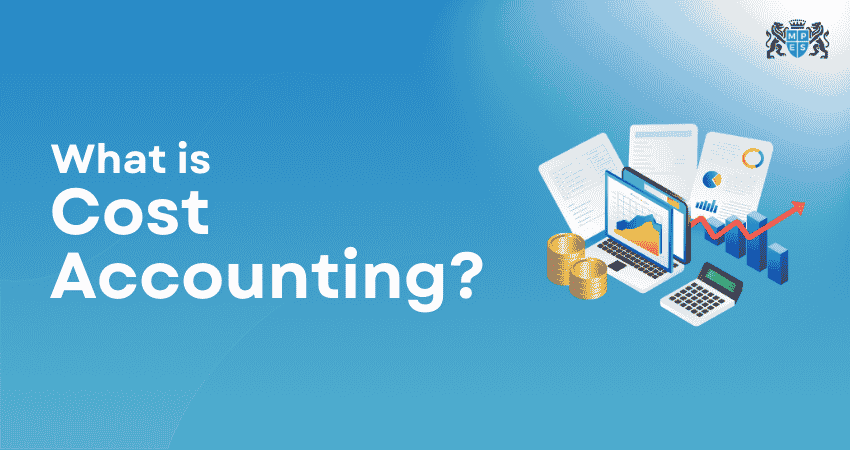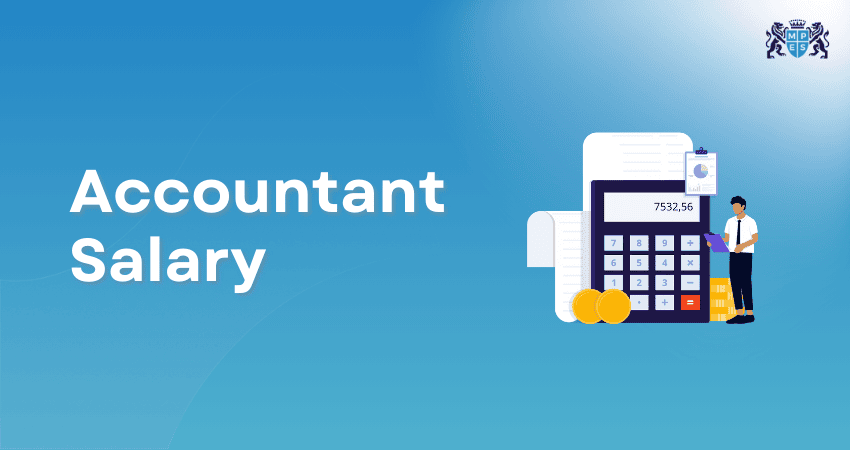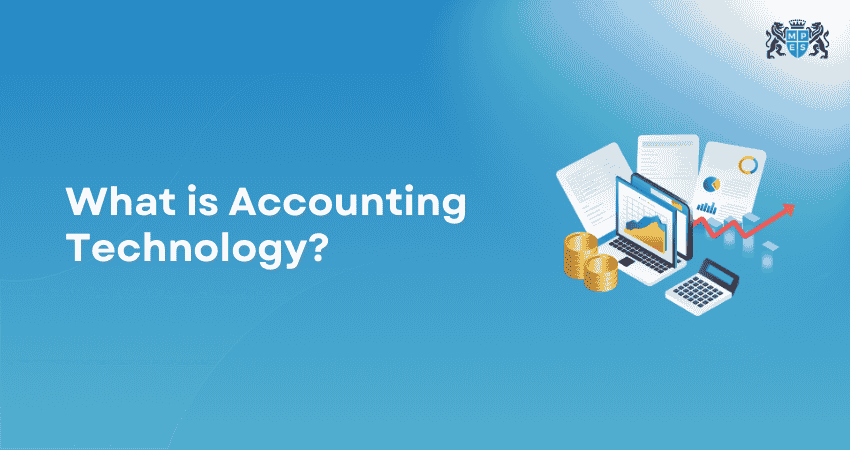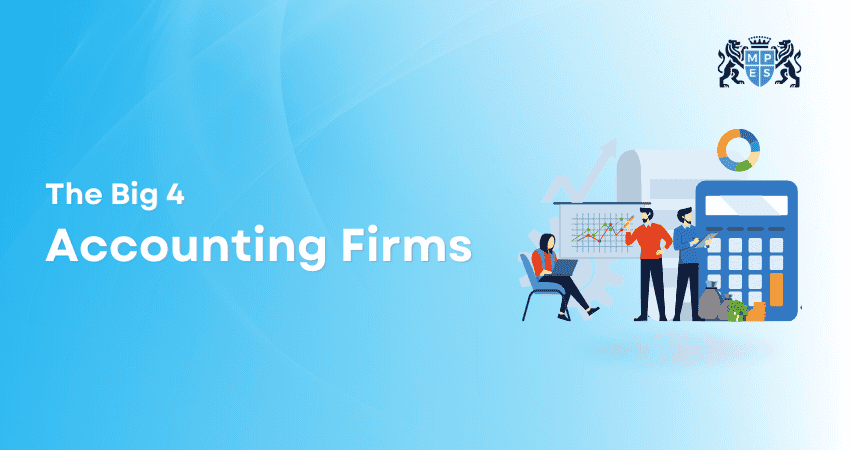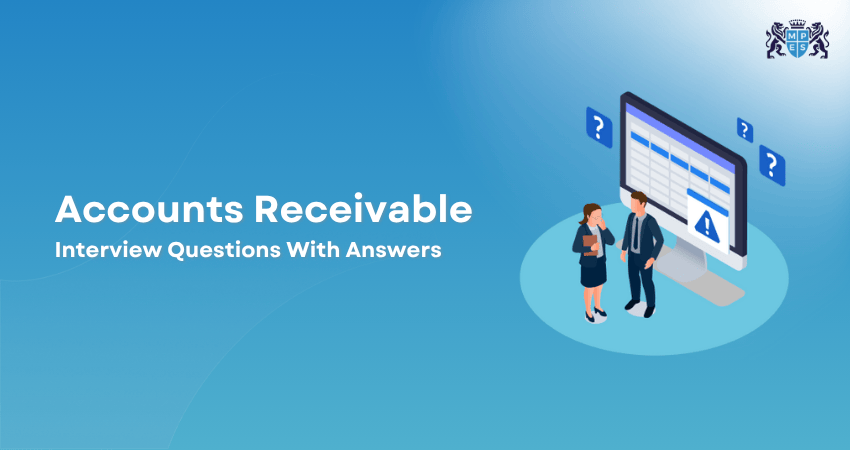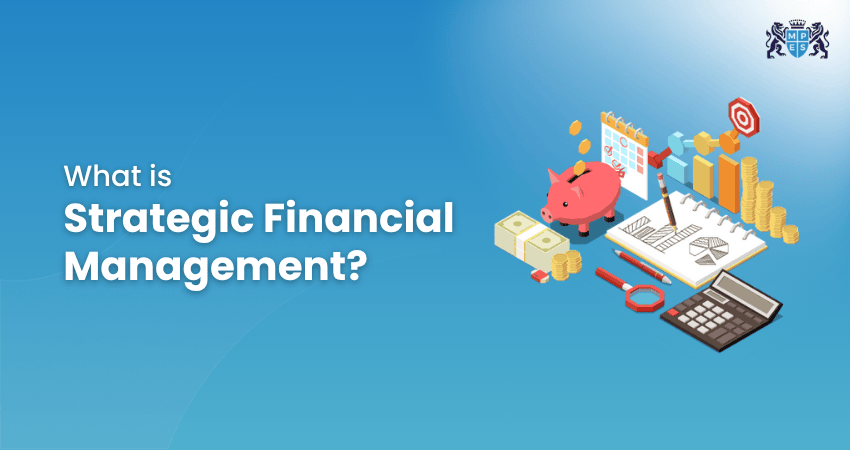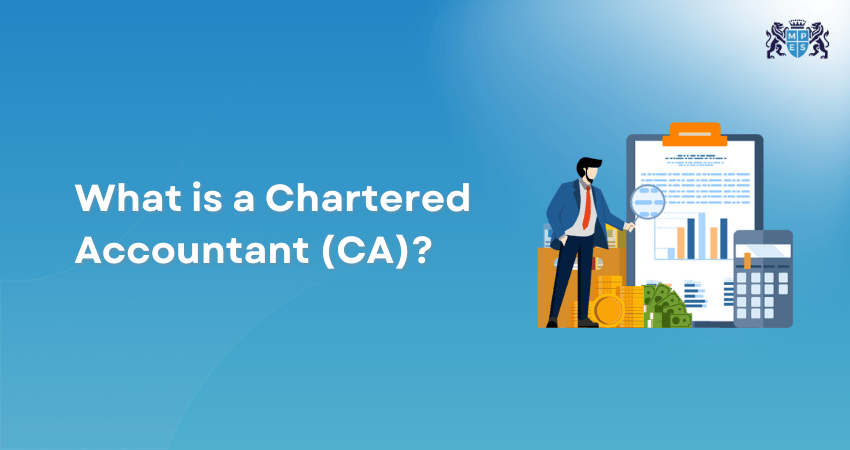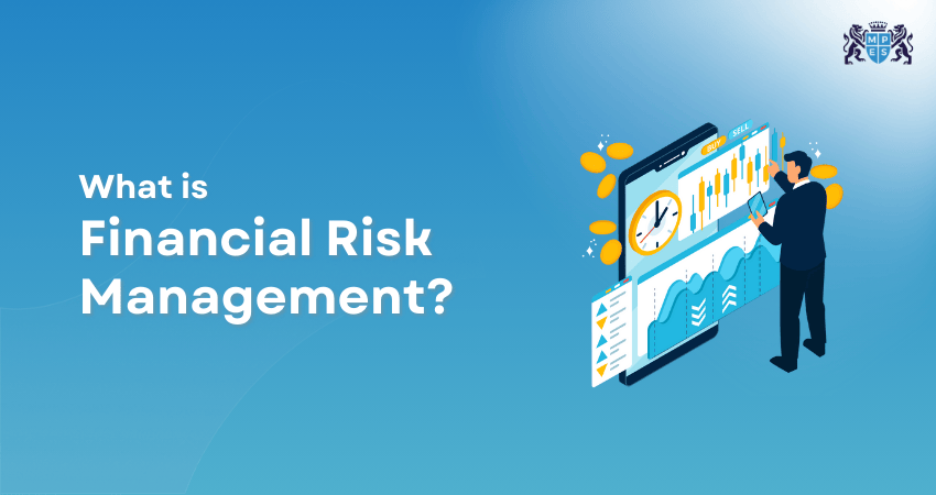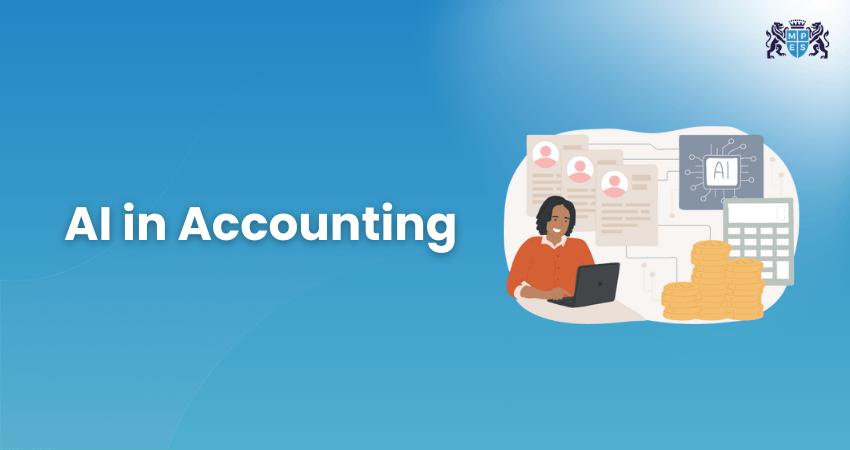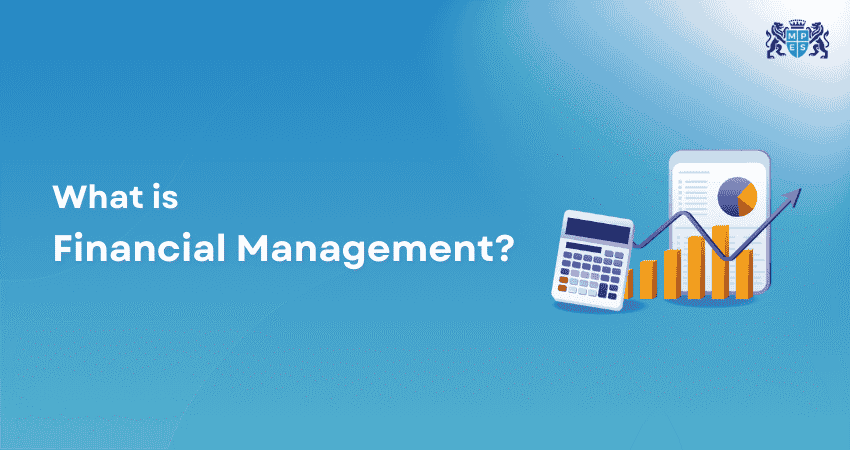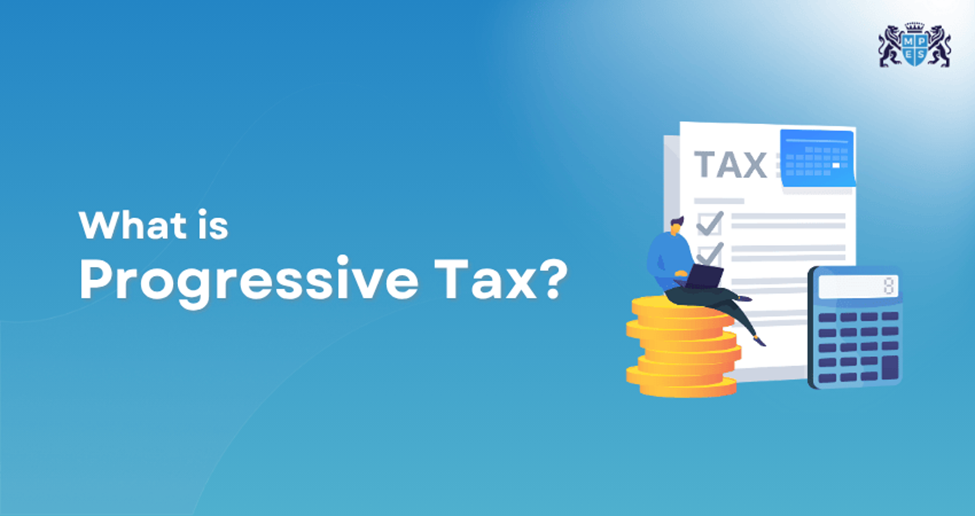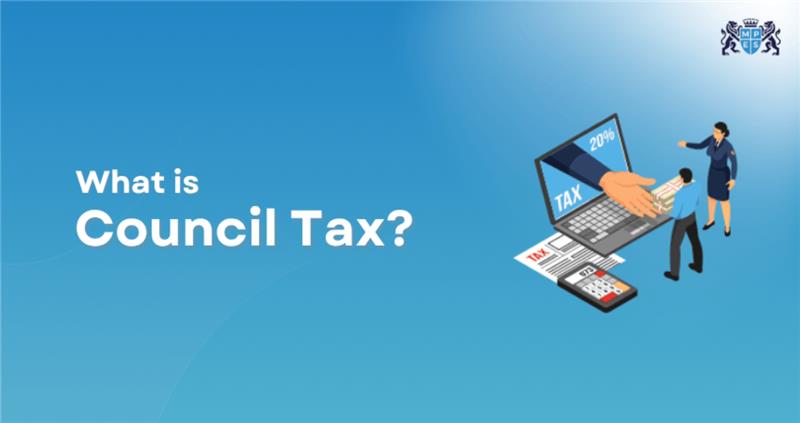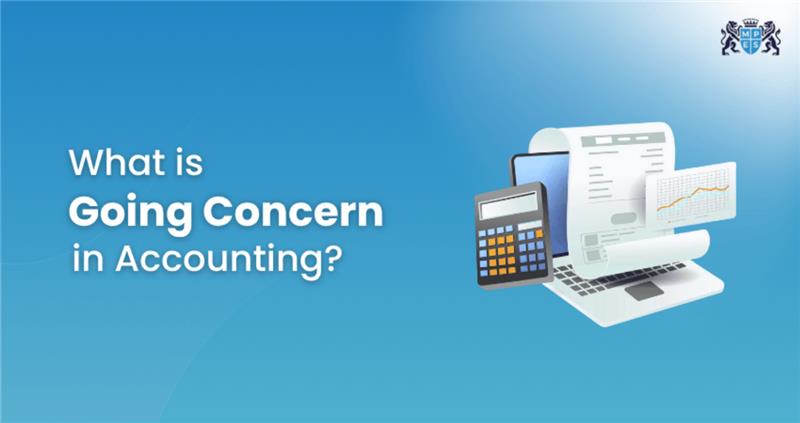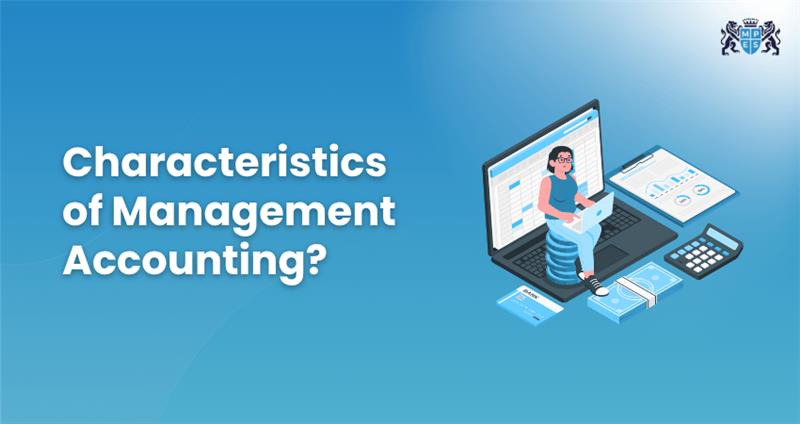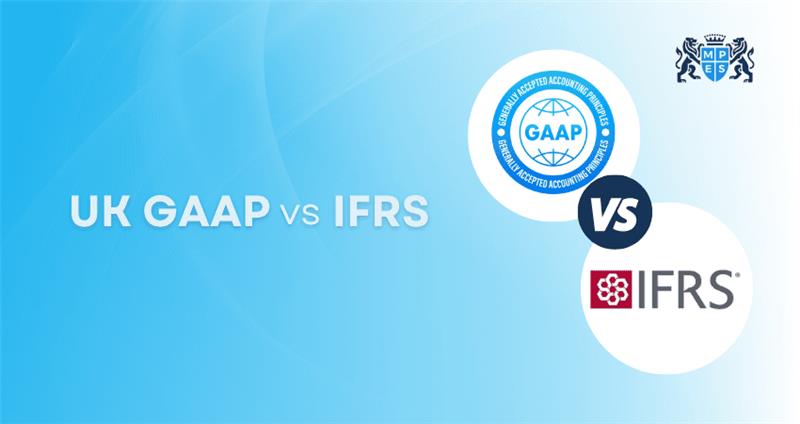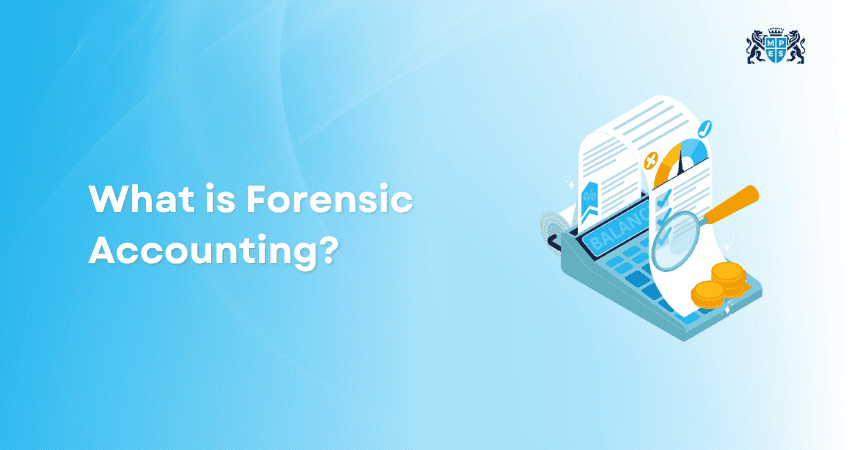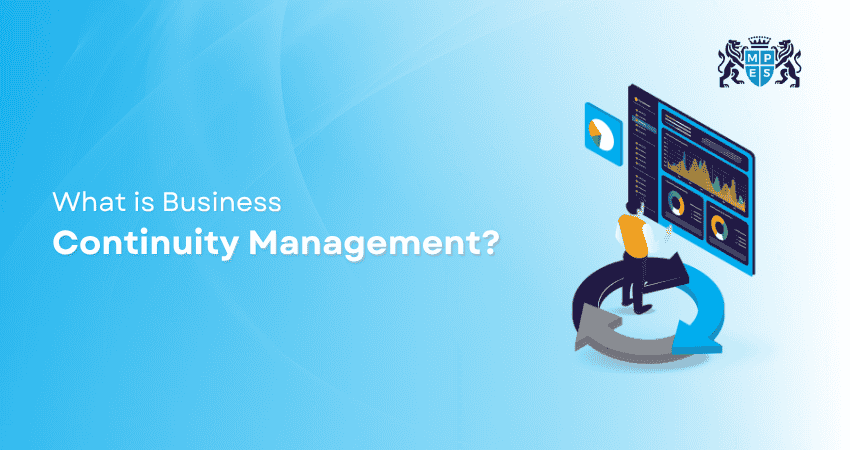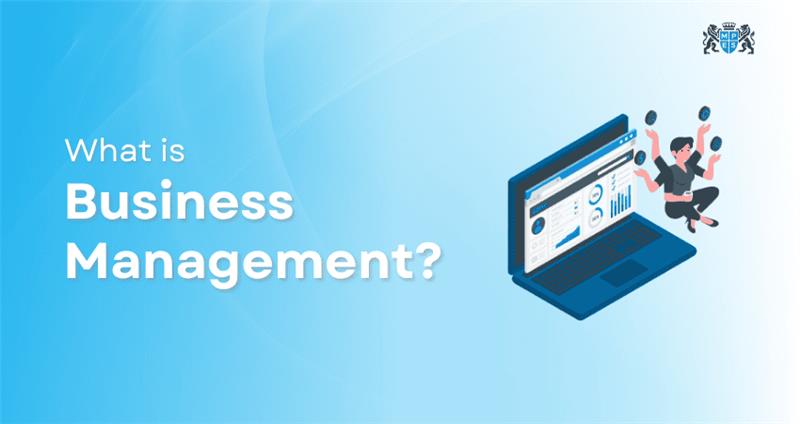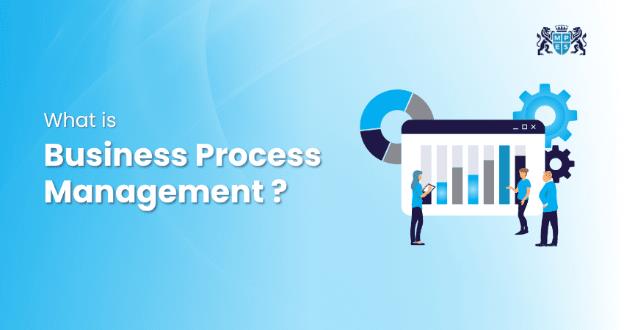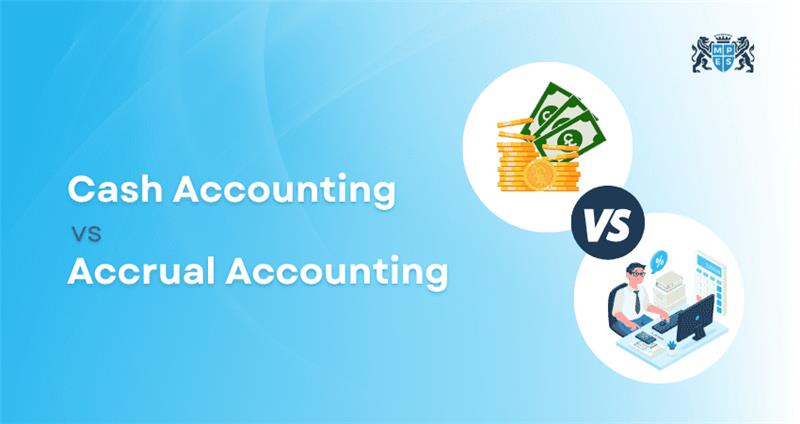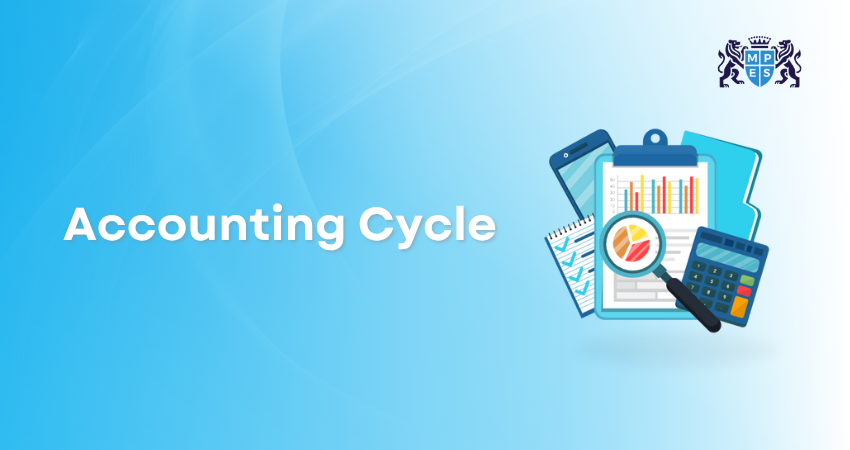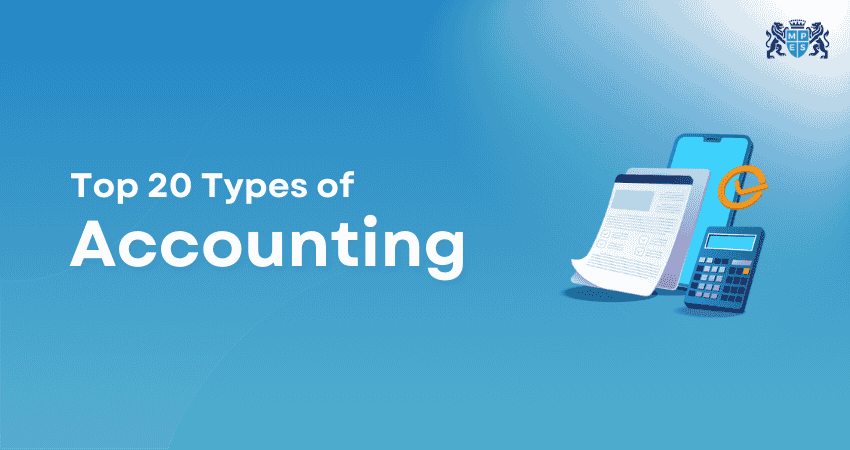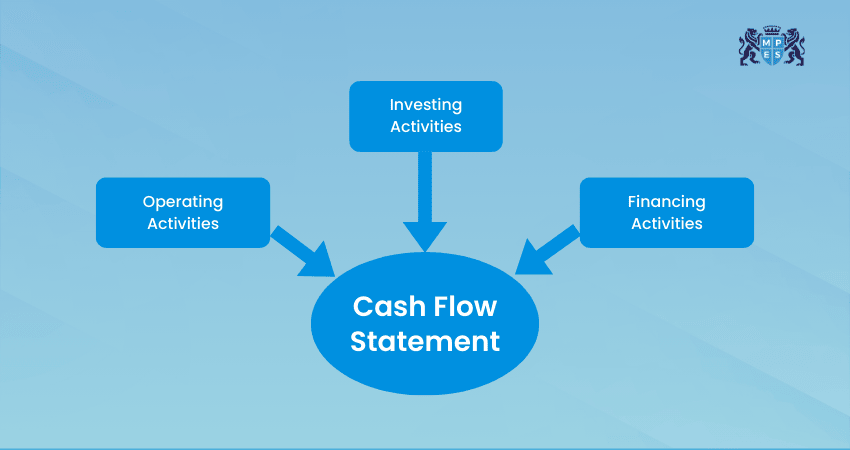Learning Options
- Live Interactive Sessions
- Dedicated 1-to-1 Tutor Support (30-min Weekly)
- Expert Trainers with Industry Experience
- Flexible Schedule
- Networking Opportunities
- High Pass Rates
- 24/7 Personalised Support
- Online Video-Based Learning
- Flexible Schedule
- Expert Trainers with Industry Experience
- High Pass Rates
- 24/7 Personalised Support
- Interactive Learning Materials
- Live Online Classes
- Expert Trainers with Industry Experience
- Live Assessment and Feedback
- Interactive Learning Materials
- Networking Opportunities
- High Pass Rates
Overview
The Financial Management (FM) Course is designed for professionals aiming to specialise in financial strategy and decision-making. As part of the ACA Professional Level qualifications, this course focuses on equipping learners with the ability to analyse financial data, develop strategic plans, and manage organisational resources effectively.
This course emphasises key topics, including investment appraisal, financial performance analysis, risk management, and funding strategies. Learners will also gain practical insights into working capital management, financial markets, and the role of financial management in supporting organisational objectives.
By mastering these skills, learners will be prepared to support organisations in achieving financial stability and growth while effectively managing risks and opportunities in a dynamic business environment.
Course Objectives
- Understand the principles and objectives of financial management in organisational contexts
- Develop skills to analyse financial performance and assess business viability
- Gain proficiency in investment appraisal techniques and capital budgeting decisions
- Learn to identify and manage financial risks effectively
- Enhance knowledge of funding strategies and their impact on organisational goals
- Build expertise in working capital management and cash flow optimisation
- Apply professional judgment in financial decision-making and resource allocation
Upon completion, learners will possess the knowledge and skills to handle financial management functions effectively, contributing to organisational sustainability, profitability, and growth.

Average completion time
1 Month
with unlimited support
100% online
Start anytime
Study At Your Own Pace
Blended Learning
Study At Your Own PaceCourse Includes
- Expert-led Sessions
- Digital Delegate Pack
- 24/7 Tutor Support
- Downloadable Resources & Challenges
- Interactive Learning
- Exercise Files
- Scenario-Based Learning
Course Details
Develop your understanding of essential financial, business and management accounting techniques with ACCA Applied Knowledge. You'll learn basic business and management principles and the skills required of an accountant working in business.
Entry Requirements
Certificate Level Completion: Candidates must have successfully completed the Certificate Level, demonstrating foundational knowledge in relevant subject areas.
Qualifications in Accountancy and Finance: Prior education or certifications in accountancy and finance are essential to ensure readiness for advanced topics covered in the course.
Business Knowledge: A background in business studies or equivalent qualifications is required to support understanding of strategic and operational aspects of the curriculum.
Learning Outcomes
- Understand Financial Management Principles: Gain a thorough understanding of the role of financial management in achieving organisational objectives.
- Analyse Financial Performance: Develop the ability to assess profitability, liquidity, and efficiency using financial ratios and tools.
- Evaluate Investment Opportunities: Learn to apply investment appraisal techniques, such as NPV, IRR, and payback period.
- Manage Financial Risks: Acquire knowledge of identifying, analysing, and mitigating financial risks using appropriate tools and techniques.
Target Audience
- Aspiring Financial Managers
- Investment Analysts
- Business Analysts
- Risk Management Professionals
- Finance Officers
- Strategic Planners
The Financial Management (FM) Course is perfect for learners aiming to advance their expertise in financial strategy or pursue roles requiring in-depth knowledge of financial management. Below are the roles and individuals who can benefit from this course:
Course content
- Module 1: Financing options
- Module 2: Managing financial risk
- Module 3: Investment decisions and valuation
MPES Support That Helps You Succeed
At MPES, we offer comprehensive support to help you succeed in your studies. With expert guidance and valuable resources, we help you stay on track throughout your course.
- MPES Learning offers dedicated support to help you succeed in Accounting and Finance courses.
- Get expert guidance from tutors available online to assist with your studies.
- Check your eligibility for exemptions with the relevant professional body before starting.
- Our supportive team is here to offer study advice and support throughout your course.
- Access a range of materials to help enhance your learning experience. These resources include practice exercises and additional reading to support your progress.
ACA Salary Growth
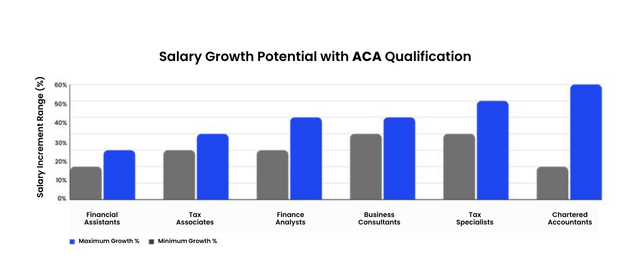
Career Growth Stories
Discover how MPES Learning transforms careers with real success stories.

Arvy Pasanting

As a qualified accountant, studying at MPES has been a very rewarding experience. Its team of passionate and dedicated mentors gave me the confidence and knowledge I needed to not just excel at my current role as an auditor, but also inspired me to expand my horizons.
Arvy Pasanting
David Ford

I was recommended MPES after searching for a way to pursue a career in the accounting profession, I have studied with them throughout my journey utilising both their “in class” and online learning opportunities that fit around the needs of my employer, I have found them to be consummate professionals delivering first class accounting courses with support always available.
David Ford
Aaron Allcote

As a finance officer, MPES has been a huge help in understanding the process of recording and processing transactions from all different perspectives. The courses are very easy to follow, and the training they provide can be applied to real-life scenarios. The courses have been a huge help for me, and I would highly recommend them.
Aaron Allcote
Bob Beaumont

I completed all of my ACA studies with MPES and I think you would struggle to find a better training provider anywhere in the British Isles. MPES' tutors are excellent both at delivering training and giving individualised feedback and coaching. the supporting materials and the out of class support are also great.
Bob Beaumont
George Evans

The Financial Risk Management Course at MPES was invaluable in deepening my understanding of risk assessment and mitigation strategies. The hands-on learning approach allowed me to apply new concepts directly to my work. I highly recommend it for professionals in finance.
George Evans
James Robinson

As a financial consultant, I am always seeking ways to enhance my expertise. The Investment Analysis Course at MPES exceeded my expectations, offering practical skills and knowledge that I can apply immediately in my consulting work. It's an outstanding choice for professionals in finance.
James Robinson
Laura Bennett

The Corporate Finance Course I attended at MPES was transformative. The depth of knowledge shared by the instructors and the relevance of the topics covered have directly impacted on our financial strategy. I strongly endorse this program for anyone in a leadership position in finance.
Laura Bennett
Emma Johnson

The Financial Modeling and Valuation Course at MPES was incredibly insightful. The practical applications and real-world examples helped solidify my understanding of complex concepts. I highly recommend this course to anyone looking to enhance their financial acumen.
Emma JohnsonACA Roadmap

Have Questions? We’ve Got You
If you have any questions, we’re here to help. Find the answers you need in the MPES detailed FAQ section.
Q. What is the focus of this course?
This course covers budgeting, financial planning, risk
assessment, investment appraisal, and corporate financing to equip delegates
with advanced financial management skills.
Q. Is prior knowledge of finance necessary?
Yes, a foundational understanding of financial principles is
required, as this course builds on core financial concepts and applies them in
strategic contexts.
Q. What skills will I gain from this training?
You’ll gain expertise in resource allocation, investment
analysis, financial forecasting, and risk management, enabling effective
strategic decision-making.
Q. How is the course structured?
The course is delivered through interactive workshops, case
studies, and practical exercises, ensuring learners can apply concepts directly
to real-world scenarios.
Q. Will I receive a certification upon completion?
Yes, upon successfully completing the course, you will earn
the ACA Professional Level Financial Management (FM) Certification, highly
valued by employers worldwide.
Q. What topics are covered in the Financial Management (FM) Course?
The course covers key areas such as financial performance analysis, investment appraisal, risk management, funding strategies, working capital management, and financial markets.
Q. How is the course assessed?
The Financial Management (FM) Course is assessed through a written exam that tests theoretical understanding and practical application of financial management principles in various scenarios.
Q. What career opportunities does the course prepare learners for?
Completing the FM Course equips learners with advanced knowledge to pursue roles in financial management, investment analysis, and business strategy, such as financial manager, business analyst, or investment advisor.
Q. What learning materials are provided during the course?
Learners receive comprehensive study guides, practice exams, access to interactive e-learning resources, and materials to ensure a well-rounded understanding of the subject matter.
Q. How does this course fit into the broader ACA Qualification framework?
The Financial Management (FM) Course is part of the ACA Professional Level qualifications and provides the groundwork for more advanced ACA modules, building towards full ICAEW membership.
Related Courses
Explore additional courses designed to complement your learning journey and enhance your professional skills. Expand your knowledge with these expertly curated options tailored to your career goals.





Resources
Access a wide range of free resources to support your learning journey. From blogs to news and podcasts, these valuable guides are available at no cost to help you succeed.
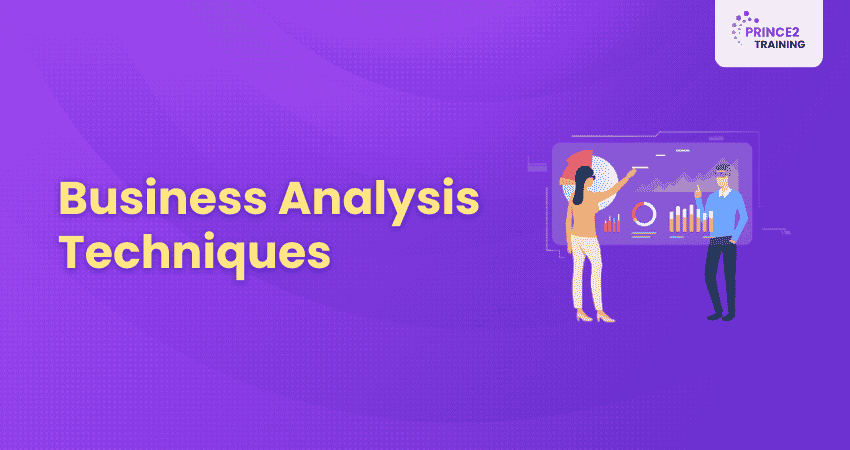
Top 15 Effective Business Analysis Techniques to Achieve Success
Veronica Davis14-Jan-2025
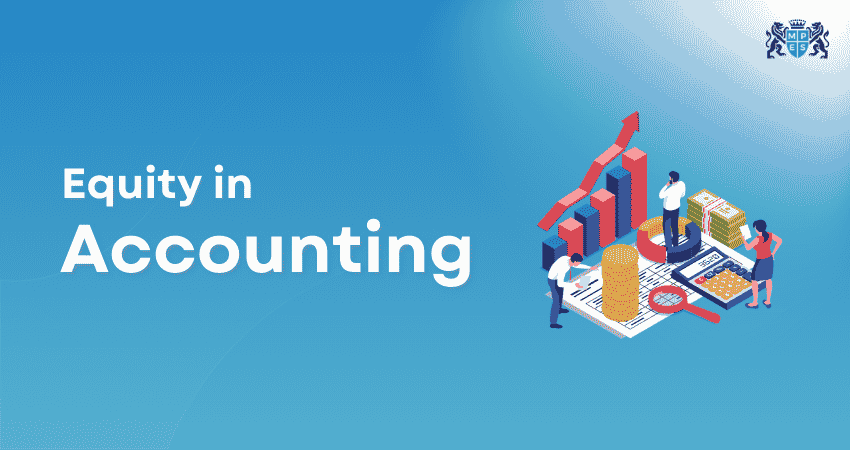
Equity in Accounting: Meaning, Components & How to Calculate it
Maria Thompson10-Jan-2026
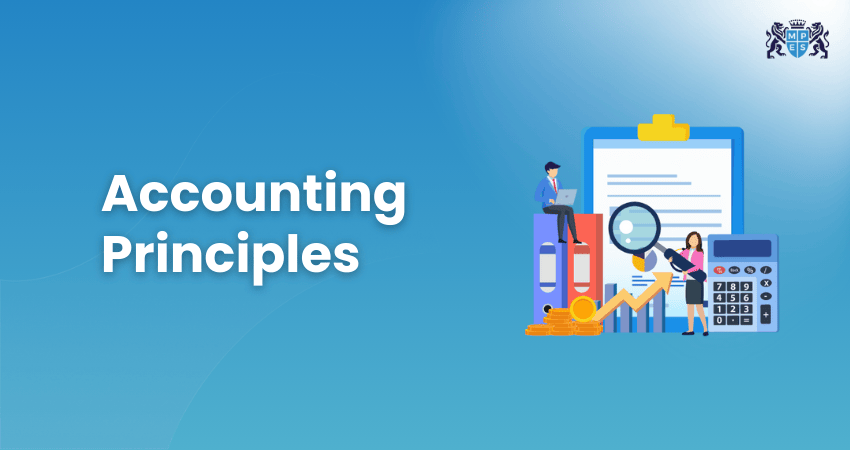
Accounting Principles: Definition, Types, Importance, and Benefits
Grace Mitchell22-Sep-2025
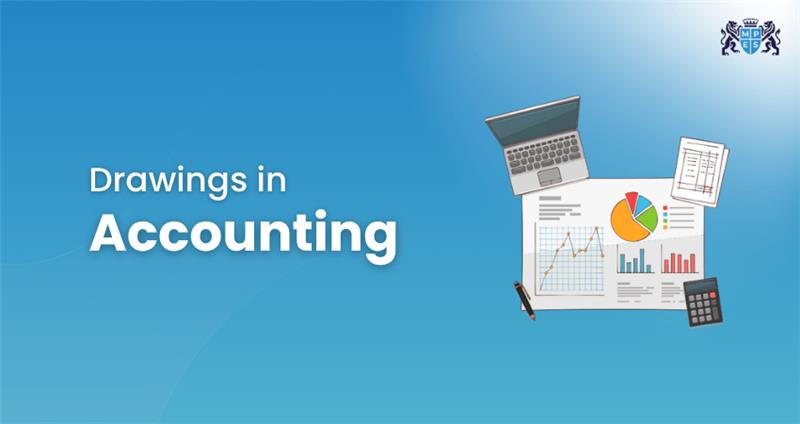
Drawings in Accounting: Definition, Characteristics, and Examples
Maria Thompson21-Jul-2025

The Best Accounting and Finance Books for Professionals and Students
Maria Thompson07-Jul-2025

Activity-Based Costing (ABC): Definition, Benefits & Limitations
Maria Thompson16-Jun-2025

Job Shadowing: How it Benefits Teams via Observational Learning
Maria Thompson13-Jun-2025

Deferred Revenue: Definition, Liability Risks & Examples Explained
Maria Thompson10-Jun-2025

18 High Income Skills to Master in 2026 for Great Profitability
Maria Thompson26-May-2025

AI in Workplace: Benefits & Examples Shaping the Future of Work
Maria Thompson20-May-2025

15 Reasons Why to Become an Accountant: Benefits & Career Growth
Maria Thompson14-May-2025

How to Motivate Yourself: 20 Powerful Tips for Self-improvement
Maria Thompson12-May-2025
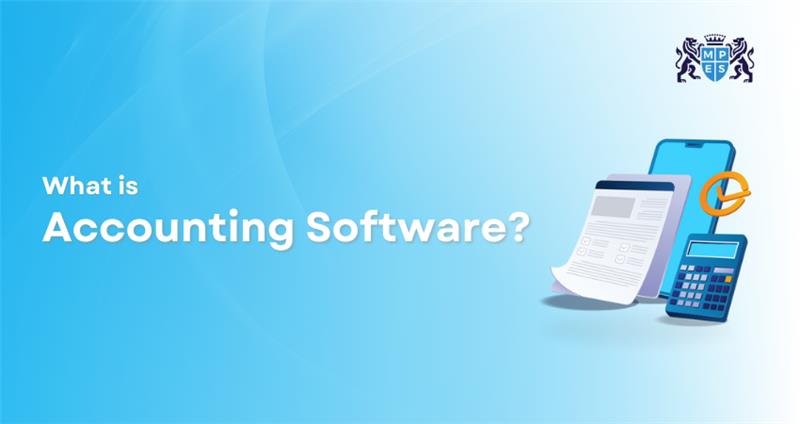
What Is Accounting Software? Features, Types & Benefits Explained
Maria Thompson07-May-2025

Cyber Security for Business: Meaning, Importance & Tips Explained
Maria Thompson02-May-2025

What is Bookkeeping, Its Importance and How to Become a Bookkeeper
Maria Thompson28-Apr-2025

Freelancing vs Full-Time Employment: Choosing the Right Career Path
Maria Thompson25-Apr-2025

What is Financial Reporting: Types, Importance and Uses Explained
Maria Thompson21-Apr-2025

Asset Disposal: Definition, Types, Methods and Examples Explained
Maria Thompson16-Apr-2025

Allowable and Disallowable Expenses in the UK: Explained in Detail
Maria Thompson09-Apr-2025

What is Human Resource Management (HRM)? Principles and Functions
Maria Thompson08-Apr-2025

Navigating Career Transitions with the 10 Steps Framework Guide
Maria Thompson28-Mar-2025

Top 15 IT Soft Skills Every Tech Professional Should Have in 2025
Maria Thompson05-Mar-2025

Trade Payables: Definition, Benefits, Tips, and Examples for Business
Maria Thompson03-Mar-2025

What is Goodwill in Accounting? Importance, Types, and Examples
Maria Thompson11-Feb-2025

Audit vs. Assurance: Definitions, Key Differences & Similarities
Maria Thompson03-Feb-2025

What is DeepSeek R1 Model, and How it Ranks Against OpenAI's o1?
Maria Thompson31-Jan-2025

What Is Cash Basis Accounting? Definition, Example and New Updates
Maria Thompson29-Jan-2025

Corporate Tax Planning: Definition, Types, Strategies, and Benefits
Maria Thompson27-Jan-2025

The Power of Resilience: Strategies to Develop Your Inner Strength
Maria Thompson23-Jan-2025

Financial Accounting vs Management Accounting: What's the Difference?
Maria Thompson22-Jan-2025

Role of Mentorship in Career Development: A Catalyst for Success
Maria Thompson16-Jan-2025

What is a Stakeholder: Definition, Types and Examples Explained
Maria Thompson13-Jan-2025

15 Reasons You Should Invest in Professional Development: Explained
Maria Thompson03-Jan-2025

What is Corporate Governance: Principles, Models, and Best Practices
Maria Thompson23-Dec-2024

What Is Management Accounting? Types and Key Functions Explained
Maria Thompson18-Dec-2024

Accounting Secrets to Effective Budgeting: Proven Strategies for Creating Effective Budgets
Maria Thompson16-Dec-2024

Financial Accounting in a Remote Work Era: Adapting Key Practices
Maria Thompson12-Dec-2024

Future-ready Accountants: Top Certifications to Bridge Skills Gaps in 2025
Maria Thompson04-Dec-2024
 Have Any Question?
Have Any Question?
 +44 7452 122728
+44 7452 122728






 Back
Back




